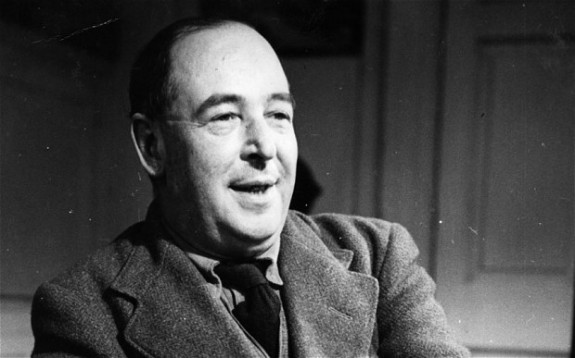
Justin Taylor, over at the Gospel Coalition, recently shared a fascinating lecture on C.S. Lewis and epistemology, the study of knowledge and how we come to know things:
(If you can’t see the video, click here.)
The talk is by Union University philosophy professor Justin Barnard, who makes two relatively bold claims: first that Lewis was probably not the greatest Christian apologist of the twentieth century, as many Protestants and Catholics believe, and yet he probably was the greatest Christian epistemologist of the twentieth century.
As Justin observes, based on Barnard’s lecture:
“Lewis died in 1963, the same year that epistemology as a profession took off. Because Lewis’s most overt epistemological work was done before he was a Christian (in the 1920s), it can be difficult to piece together a full-fledged epistemology. But Barnard argues that Lewis rightly restores knowledge as situated in the context of wisdom and the fear of God, doing this in a uniquely Christian though appropriately limited way. Lewis’s epistemology is distinctively eschatological in orientation, focusing on hope as surrendering to the long that the summons of Divine Love is real.”
In other words, Lewis offered a groundbreaking Christian view of knowledge that should remain central to his legacy. Watch the whole, interesting lecture to see Barnard make this case.
(HT: Justin Taylor)
